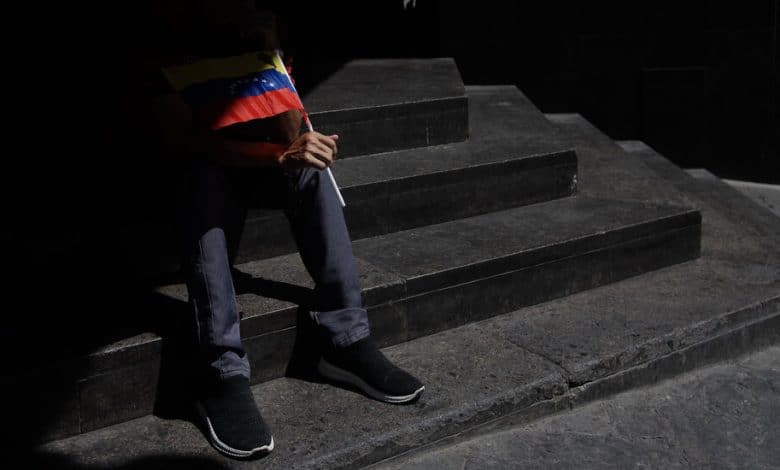Venezuelans Are Suffering, but More Sanctions Won’t Help

President Nicolás Maduro of Venezuela isn’t even pretending to play fair anymore. In October, he promised to take steps toward holding free elections, including allowing the opposition to pick a candidate in a primary process of its own choosing, with the lifting of some American sanctions as an incentive. But the ink was hardly dry before his government upheld a ban on running for office that had been placed on María Corina Machado, the overwhelming victor of that primary. Then it arrested her allies and campaign staffers, accusing them of an anti-government plot. Some have sought asylum at the embassy of Argentina. The Maduro regime has even refused to register the candidate that Ms. Machado deputized to run in her stead.
The Biden administration now has little choice but to follow through on its threats to restart the sanctions it had lifted on Venezuela’s oil and gas industry, even though those sanctions have become deeply unpopular with the Venezuelan people. They are expected to resume after April 18.
It’s a stark reminder that the sweeping power of U.S. sanctions can do great harm but rarely delivers the political results that American officials seek. The Biden administration essentially offered Mr. Maduro a deal: sanctions relief in exchange for freer and fairer elections. It was worth a try. A similar bargain helped Poland break free of its autocratic system in the 1980s. Had Mr. Maduro taken it seriously, Venezuela would have had a path out of its protracted political and economic crisis. But Mr. Maduro won’t risk losing to Ms. Machado. If he loses power, it would increase the chances that he would have to face justice in an international court for brutally suppressing mass protests and other alleged crimes against humanity.
He may have also noticed that the sanctions haven’t turned out so well for the United States, either. Crushing sanctions on the country’s oil sector — designed by the Trump administration to shut down Venezuela’s economy and push Mr. Maduro out of power — are partly to blame for the migrant crisis at the U.S. border, a major political problem for Mr. Biden during an election year. They exacerbated the economic collapse that Venezuela was already experiencing. They curtailed investment in the country’s most important industry, curbed access to the hard currency needed to import food and medicine, and made it virtually impossible for Venezuela to refinance its debts.
As a result, the Venezuelan economy experienced the single largest peacetime collapse of any country in at least 45 years. Millions of Venezuelans have fled to Peru, Colombia, and other Latin American countries, while hundreds of thousands have ended up on the doorsteps of the United States. For years now, Venezuela’s most noteworthy export has been people, not oil. About a third of Venezuelan households get remittances from abroad.
The oil sanctions have hurt ordinary people, as many predicted they would, and they have failed to topple Mr. Maduro, which was also predictable. Yet, the funny thing about sanctions is that, once they are imposed, they become politically impossible to lift without getting something in return. That’s one reason American officials were so keen to try to extract some kind of promise from Mr. Maduro about the elections.
